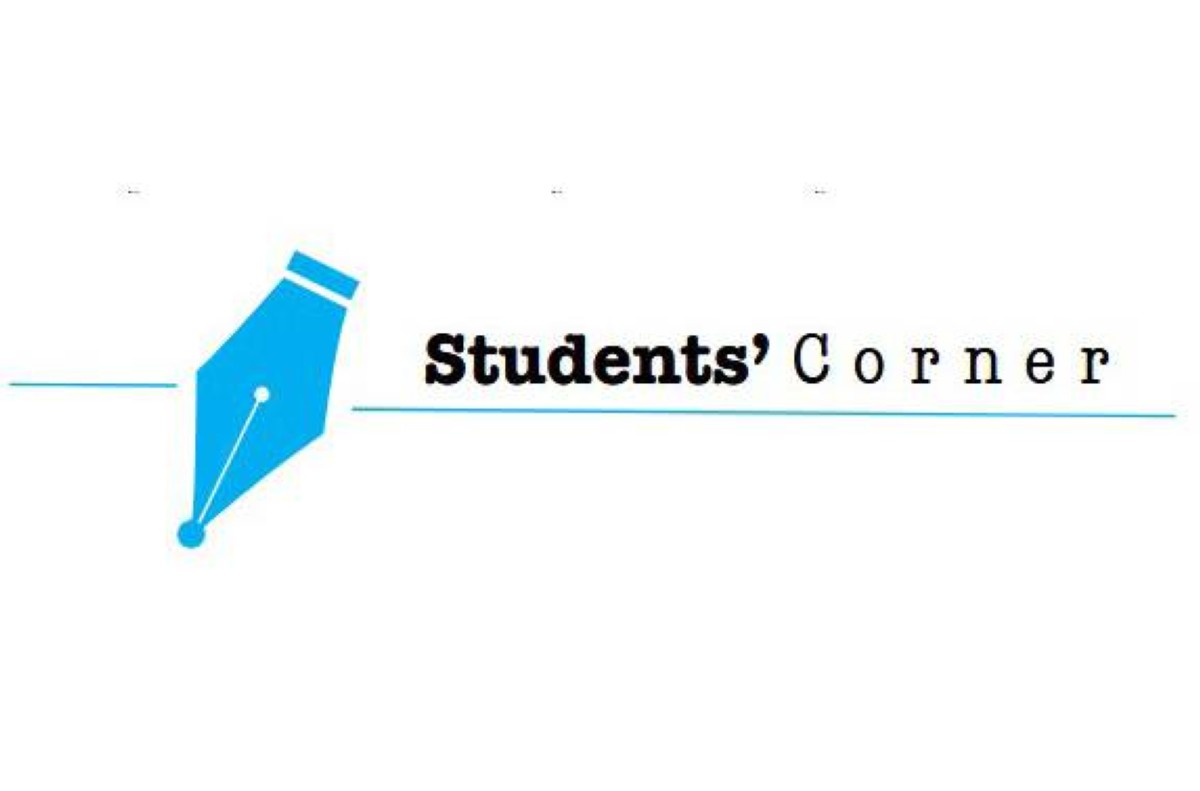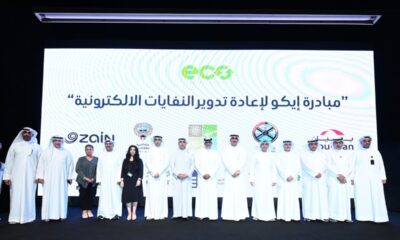By Najd W Al-Ojairi
Imagine preparing for Ramadan without knowing when the month begins. Or praying without knowing where the Qibla is. It’s hard to imagine, right? Yet, many Muslims today rely entirely on apps and pre-set calendars without understanding why Ramadan starts when it does, how the Qibla is determined, or why prayer times change. The answers to all of these questions lie in the sky. “Do they not look at the sky above them, how We have built it and adorned it, and it has no flaws?” (Surah Qaf 50:6).
Look up. The sky has always been our guide. It tells us when to fast, when to pray, and which way to turn in worship. But in an age where screens have replaced the stars, many Muslims don’t know how to read the signs above their heads.
Because Islamic rituals like Ramadan rely on celestial movements, and because the legacy of Muslim astronomers has been neglected in modern education, it’s important for every Muslim to have at least a basic understanding of astronomy. This way, we can practice our faith accurately and strengthen our connection to it.
“They ask you about the crescent moons. Say, ‘They are measurements of time for the people and for hajj.’” (Surah Al-Baqarah 2:189). From the very beginning, the Quran makes it clear. The moon is not just a celestial body, it is a timekeeper for faith itself. Every prayer, every fast, every pilgrimage is tied to the movement of the sky. But how many of us actually understand it? Today, we refresh our phones, waiting for an announcement, disconnected from the very signs Allah placed above us. We trust screens more than the sky itself. It’s easy to say, “Well, I don’t need to know this because I have an app.” Sure, today you do. But what happens if the app stops working? What happens if you’re somewhere without service, without a signal, without access? Would you be able to find the Qibla without a phone? Would you be able to tell if Maghrib had truly come or if your app was just set to the wrong time zone?
It’s not about rejecting technology, it’s about understanding what it’s based on. We should be using it as a tool, not as a replacement for knowledge. Islam teaches us to seek understanding, not just to follow orders without question. It’s not just about astronomy, it’s about agency. It’s about truly knowing your faith beyond just checking your phone for a notification.
Dr Saleh Al-Ojairi, the first Kuwaiti astronomer, understood this better than anyone. In 1938, he laid the foundation for what would become the most trusted calendar in Kuwait, the Ojairi Calendar. But his work wasn’t just about creating a schedule, it was about preserving the connection between Islam and the cosmos.
Through years of observation and research, he developed a scientifically accurate method for determining lunar months, prayer times, and astronomical events. His calculations are so precise that Kuwait still depends on them. In fact, the official Kuwaiti lunar calendar used for Ramadan, Eid, and daily prayer schedules is still based on his work, even after his passing. This is proof that astronomy is still relevant to Islam today.
Dr Saleh Al-Ojairi was a beacon of light, not just an astronomer. He dedicated his life to making sure Muslims would never have to rely on chance to find their way, pray, or fast. He established the first observatory in Kuwait and left behind knowledge that is as bright as the stars he studied. However, knowledge is only useful if we decide to use it to our advantage. The sky, the calculations, the history — we have it all, but we’ve grown too detached to look up. When Saleh Al-Ojairi left this world, he didn’t truly disappear. His work lives on, just like the stars whose light continues to shine even after they’re gone. So, will we follow his light or will we keep living in the dark?


















